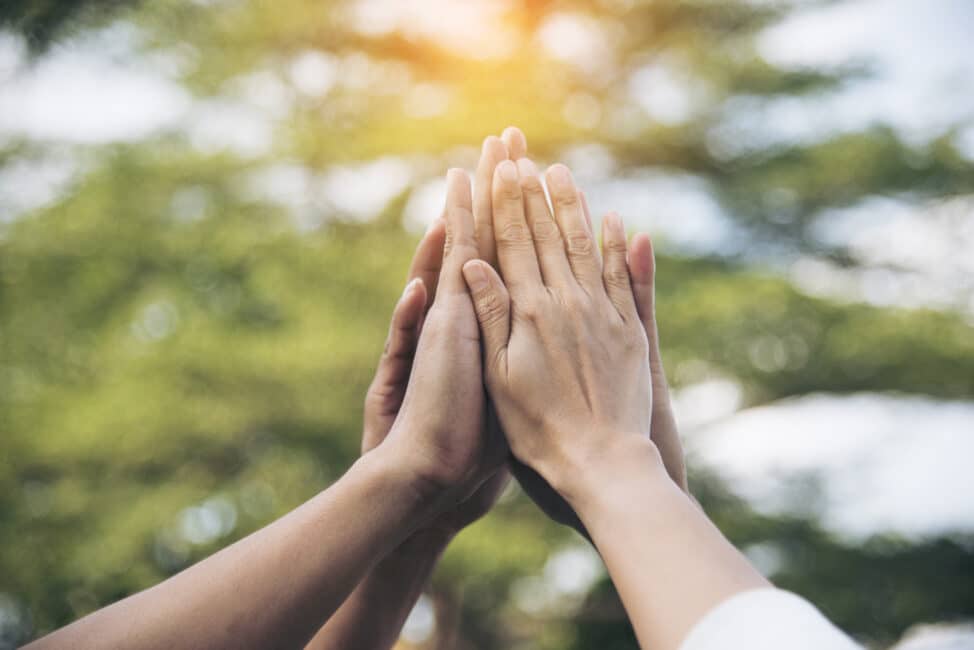
Celebrating 50K Lives Impacted: Our Recovery Ambassadors’ Success Stories
We asked our alumni to share their recovery stories and empower others to seek treatment for addiction and mental health.
Admitting you have an alcohol addiction can be difficult. How did our alumni know they needed help?
Realizing the need for help is the first step of your journey to recovery.
Our alumni decided to embark on their own healing journeys and change their lives forever.
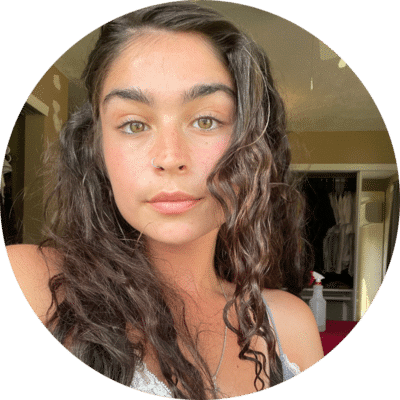
“I recognized that my addiction was out of control when it started interfering with my job, my social life, and my personal life. Although I did not realize at the time I did go to treatment, my health was at risk as well.”
– Grace LaFortune,
The Recovery Village Ridgefield (WA)

“I hit rock bottom. I woke up in the hospital after being in a coma for over two days. This time I came to the realization that this disease is life or death. By coming so close to death, I came to the conclusion that I wanted to live. I wanted to be happy again. Only sobriety could make me myself again.”
– Cole Piché,
The Recovery Village Columbus (OH)
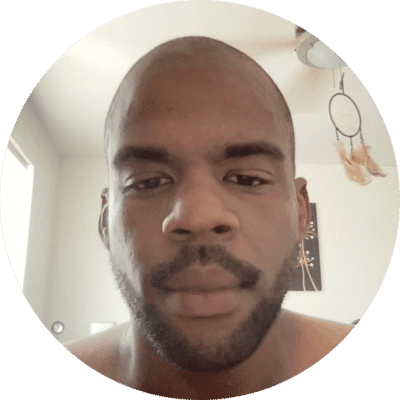
“My mother had just passed and my drinking and depression became uncontrollable. Between the insomnia and hand tremors, I knew I needed help. This was the closest facility with the highest ratings and had more programs to offer than regular inpatient or outpatient.”
– Justin Walker,
The Recovery Village Cherry Hill at Cooper (NJ)

“I was using alcohol to mask issues and self-medicate but pretty soon my life began to spiral out of control to the point where I almost lost the people I love the most. I woke up in a hospital not knowing how I got there or what day it was. Seeing the sadness and disappointment on my wife’s face and the confusion from my children shook me to my core. It was then that I realized my life had become unmanageable and that I needed help.”
– Carl Verna,
The Recovery Village Umatilla (FL)

“I realized I needed treatment when I didn’t want to die, but I didn’t want to live anymore. Not the life I was living anyway. Now, I am still sober, continuing outpatient treatment, living in sober housing, reconnecting with my wife, family and friends… Just living a happier, healthier life that I couldn’t have imagined before RVR.”
– Dylan Zabriskie,
The Recovery Village Ridgefield (WA)

“The hardest part of the journey is admitting you need help! Speaking for myself, I was always too proud and too concerned that others might view me as weak if I sought mental health treatment. My biggest regret is waiting until I was 47.”
– Cory Horsens,
IAFF Center of Excellence for Behavioral Health Treatment and Recovery (MD)
Recovery Can Feel Impossible.
Here’s what our alumni want to tell you.

Katie Brennan
“Treatment is worth it. You’re worth it. Yes, it is scary, uncomfortable, and vulnerable to step into the unknown. But I promise it is more beautiful than you could imagine, the best gift you could give to yourself.”
Alumni
The Recovery Village Palmer Lake (CO)
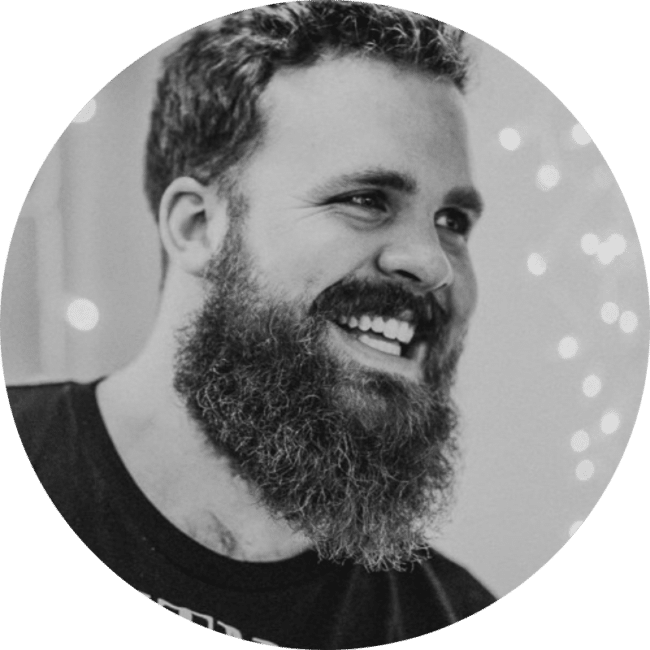
Ed Hobson
“I would tell them my story and hope they would be able to see how recovery has brought me from the brink of death to a fulfilling and healthy life. I would tell them how much easier their life will be when you are free from all the stress and worry that lives within the seemingly eternal slavery of addiction.
Alumni
The Recovery Village Umatilla (FL)

Grace Peacock
“To not be afraid. To really sit in the good and bad emotions, dig deeper than you ever had. There are going to be bad days for the rest of our lives. Do you wanna be able to face and cope with them? Or, keep trying to run from a problem that is faster than you.”
Alumni
The Recovery Village
Ridgefield (WA)

Chris Groves
“I used to ask the question, ‘Am I bad enough to do inpatient treatment?’ I should have asked, ‘How can inpatient treatment benefit me?’ I think they are fundamentally different questions. I underestimated how beneficial taking 30-60 days away from the world in a therapeutic environment is really a game changer for my long-term recovery.”
Alumni
The Recovery Village
Columbus (OH)

Tamitra Quiles
“I’d implore them to stop and look at their lives thus far. I’d ask if they were honestly happy with themselves. I’d let them know it’s ok not to know the answers and that it was ok. I’d ask them to at least step up and try. Try to make one little step to be someone different, someone better than they were yesterday.”
Alumni
The Recovery Village Umatilla (FL)

Alexander Fuentes
“If it even crosses your mind that you think you need help, DO IT! Get the help! There is absolutely no shame in wanting to be a better you! If you don’t believe it, just know there are other people who want the best for you, and I also want the best for you! Orlando Recovery Center also makes sure they do the best to help you! They sure helped me a ton, and I felt taken care of. It takes courage and strength and we ALL HAVE that! I promise you that.”
Alumni
Orlando Recovery Center (FL)
What Will Matter in Your Recovery
Our alumni realize that getting help from professionals and forming connections with their peers made a positive difference in their ability to prevent relapse effectively.

Peer Support
The most helpful part about treatment is connecting with like-minded people, being in a safe environment, and how much I learned about the brain, body, and addiction.
— Katie Brennan, The Recovery Village Palmer Lake (CO)
Professionals
I cannot emphasize enough how influential and inspirational the staff at RVR were during my time there. Treatment is not pretty, easy, or comfortable in any way. Being surrounded by staff who are building you up and rooting for your success on a daily basis, in addition to the clinicians’ varying perspectives on what recovery can look like, is unbelievably empowering. My advice as someone who does not feel comfortable or trusting in the company of strangers, is to trust the staff and faculty. From my personal experience, I can honestly say that I left RVR a new person with a new identity who I cherish to this day.
— Grace LaFortune, The Recovery Village Ridgefield (WA)

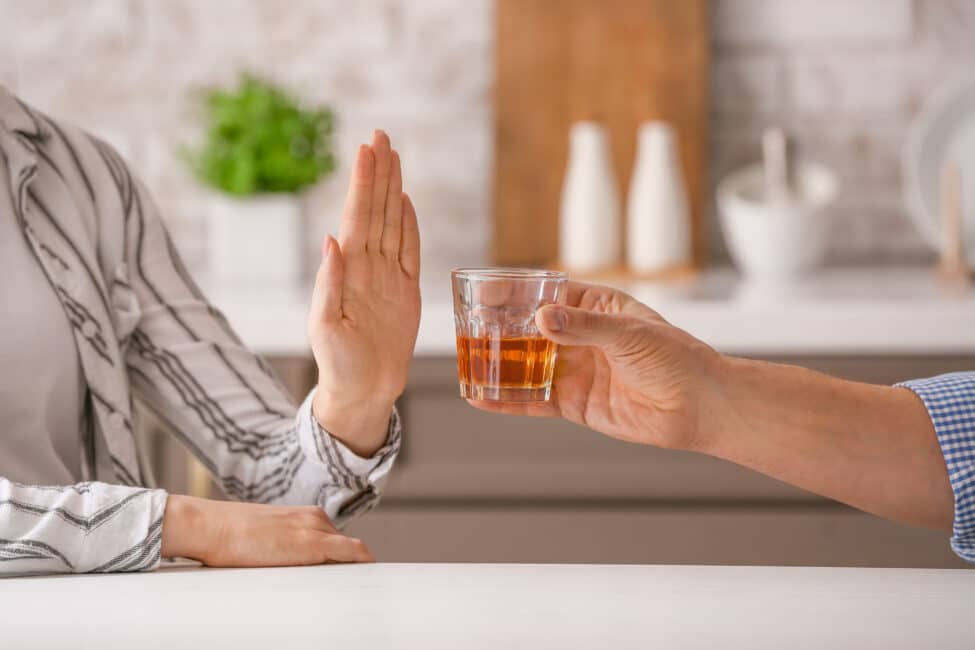
Relapse Prevention
I would be what most would consider a chronic relapser. With one of the counselors, we really looked in-depth at each of my relapses over the years. I identified 3 big red flags. These 3 red flags today are things I know will lead me to a relapse and I know if I intervene at those points, the path to relapse is stopped. It has REALLY strengthened my recovery.
— Chris Groves, The Recovery Village Columbus (OH)
Group Therapy
The stories and conversations with my peers who were dealing with similar situations and struggles. We all were able to lean on each other to make the healing process less stressful.
— Stephen Simonson, IAFF Center of Excellence for Behavioral Health Treatment and Recovery (MD)
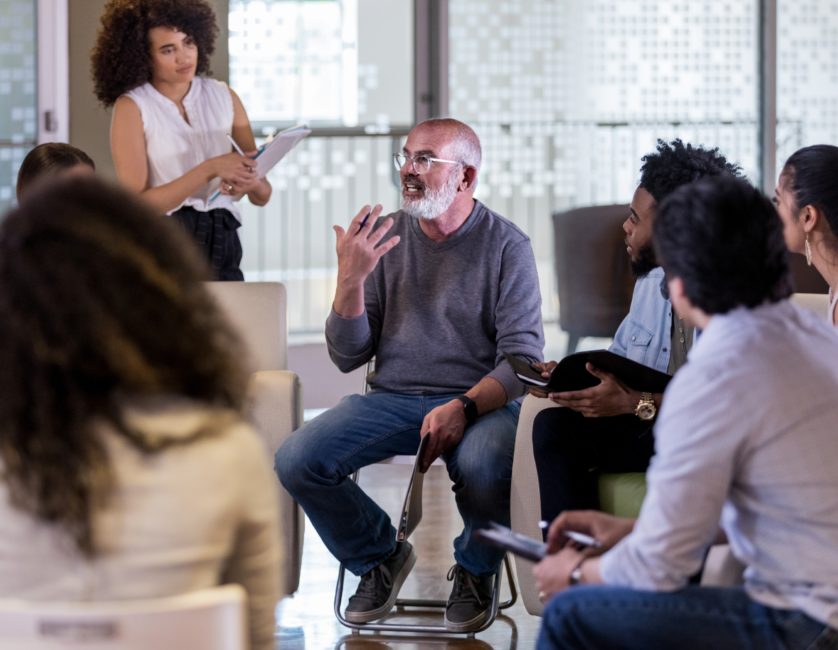

Focus on Mental Health
My self image is much better. I no longer look at myself as just an addict that will never be anything else. Now I understand that I am a complex person who happens to have addictive tendencies.
— Ryan Scott, The Recovery Village at Baptist Health (FL)
Staff/Patient Relationship
The staff. Especially Mel Timberlake and my therapist Nadine. Mel has an amazing story and against all odds he came back from near death and decided to become a counselor to help people with the same disease he has struggled with. I believe Mel found his calling and is doing exactly what he was meant to do in life. Mel, Nadine, and the rest of the staff at RVC saved my life and I am forever grateful for them showing me that happiness and recovery is possible for anyone who wants to achieve it.
— Cole Piché, The Recovery Village Columbus (OH)


Comprehensive Programs
The most helpful things about treatment was the overall structured programming. From wake up calls, group sessions, and levels of care. The breaking down of my outside life norms and being guided to follow protocols and procedures; all of which I came to understand were for my success in recovery.
— Tamitra Quiles, The Recovery Village Umatilla (FL)
Recovery Hits Differently: Our alumni report feeling calm, peaceful and in control
 “Being able to wake up every day without being sick, seeing my family and friends see my progress, not having to lie and hide my alcoholism, spending time with my son, and giving me a structural routine and learning how to love myself again.”
“Being able to wake up every day without being sick, seeing my family and friends see my progress, not having to lie and hide my alcoholism, spending time with my son, and giving me a structural routine and learning how to love myself again.”
— Isaiah Richardson,
The Recovery Village Cherry Hill at Cooper (NJ)
 “Today, I don’t feel like I’m holding onto a cliff, waiting to fall off into relapse. I’m a good worker, friend, brother and son again.”
“Today, I don’t feel like I’m holding onto a cliff, waiting to fall off into relapse. I’m a good worker, friend, brother and son again.”
— Chris Groves,
The Recovery Village Columbus (OH)
 “I have a firm grip on my sobriety. I feel like I am in complete control. I still do outpatient therapy through The Recovery Village to stay focused.”
“I have a firm grip on my sobriety. I feel like I am in complete control. I still do outpatient therapy through The Recovery Village to stay focused.”
— Chase Cushing,
The Recovery Village at Baptist Health (FL)
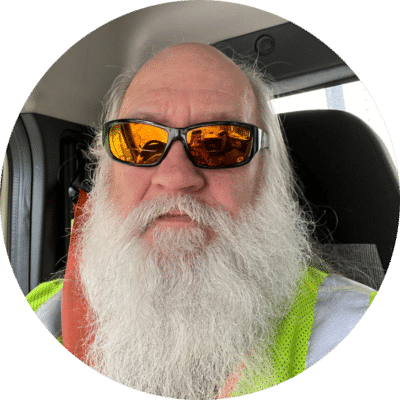 “Night and day – it seemed like I have been asleep many years then woke up seeing life for the first time.”
“Night and day – it seemed like I have been asleep many years then woke up seeing life for the first time.”
— Joseph Herycyk,
The Recovery Village Columbus (OH)
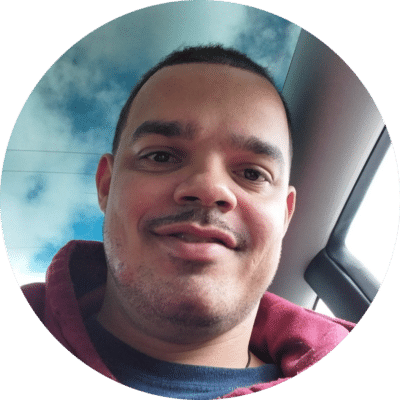 “I have a much calmer and patient mind.”
“I have a much calmer and patient mind.”
— Gary Sargent,
The Recovery Village Atlanta (GA)
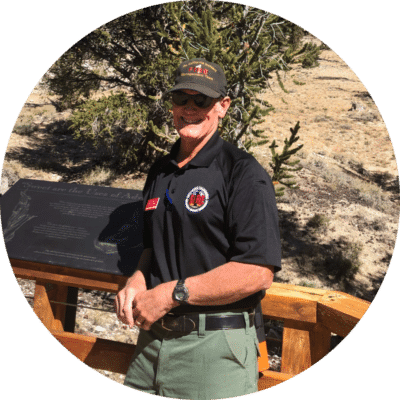 “After getting my life-changing treatment, I can now be home with a clear feeling in my brain, and not have to worry about if I will live through the day.”
“After getting my life-changing treatment, I can now be home with a clear feeling in my brain, and not have to worry about if I will live through the day.”
— John Bates,
IAFF Center of Excellence for Behavioral Health Treatment and Recovery (MD)
Your Confidentiality Is Our Top Priority
The Recovery Village Drug and Alcohol Rehab observes the rights of all individual’s privacy and holds each person’s confidentiality in the highest regard. Any information disclosed must be done with the written consent of the client prior to discussing any information following all requirements according to HIPAA guidelines. Upon arrival at The Recovery Village Drug and Alcohol Rehab, each client is given the opportunity to complete all necessary releases of information to provide the ability of staff to discuss important information with those that the client feels are important for continuity of care. No information will be disclosed to any party without the written, documented consent of the client.